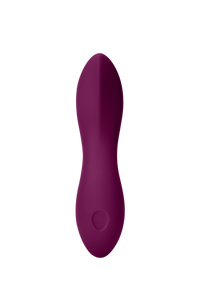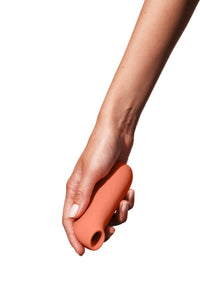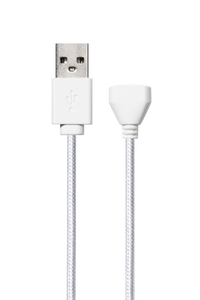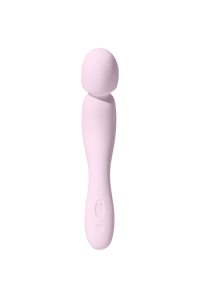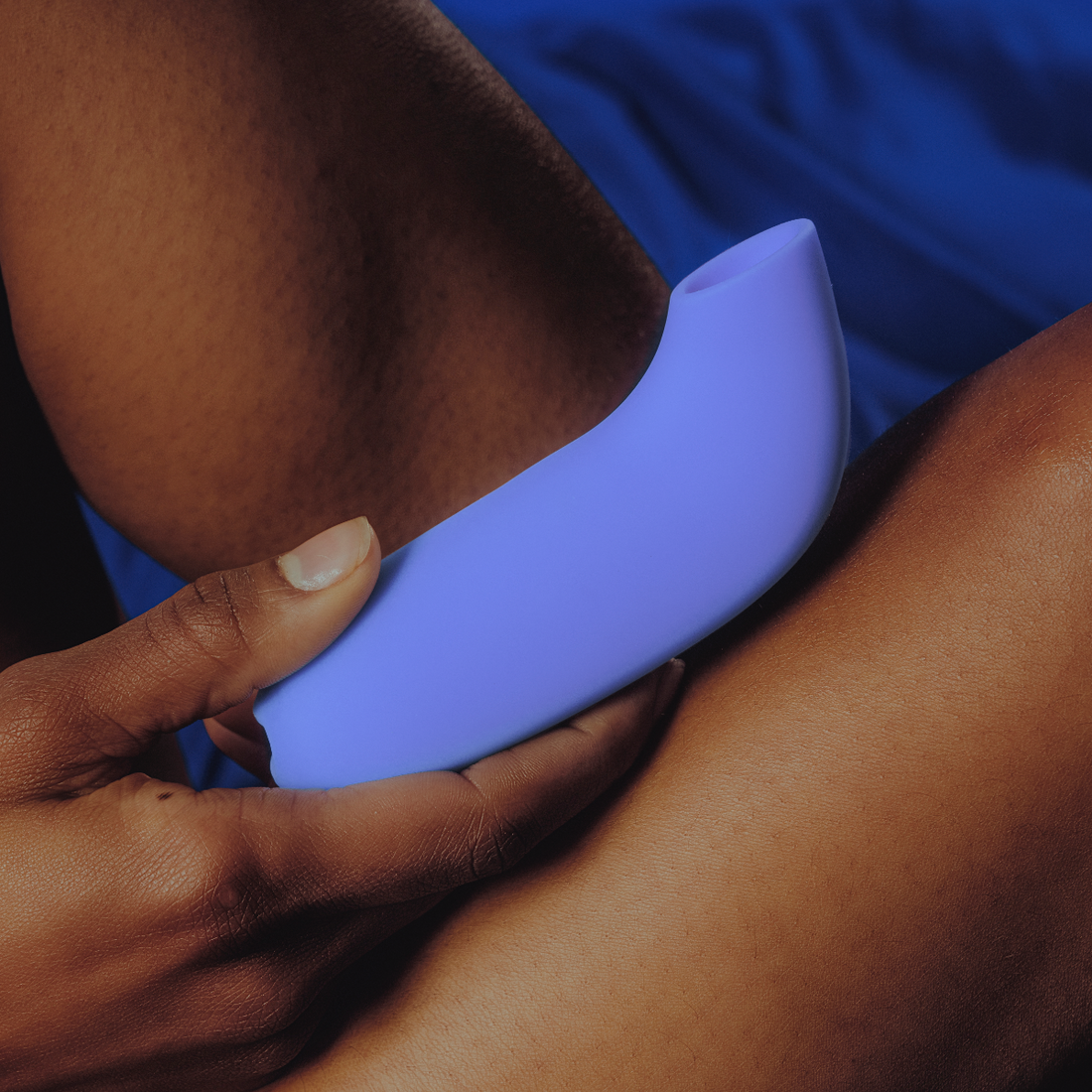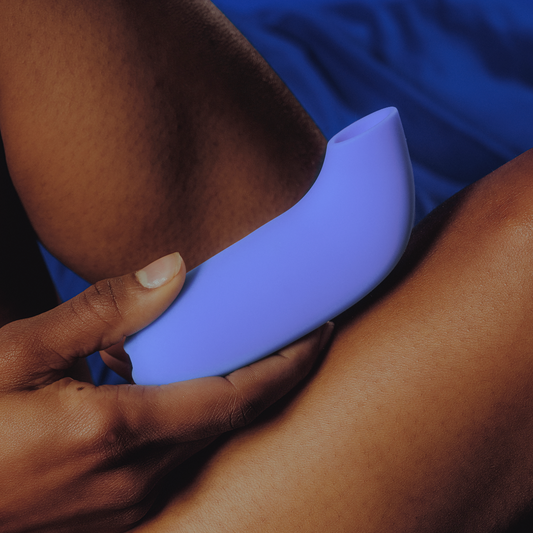We’re here to talk about endometriosis. This medical condition is not a joke and causes pain, discomfort, and disruption in the lives of so many people.
Endometriosis is a widespread condition that affects 10 to 20 percent of uterus-owners of childbearing age (in their twenties and thirties). Forty percent of uterus-owners who experience infertility have endo. Despite these significant numbers, it is still very misunderstood, underreported, and is generally not spoken about enough. Endo pain can cause daily discomfort, incredibly painful periods, and can completely alter the way one experiences sexuality. And severe endometriosis can make penetration during sex impossible.
Not only that, it often isn’t diagnosed properly, leaving many uterus-owning folks feeling invalidated and dejected. “Many women who seek out care are told it is just a heavy period and prescribed birth control,” says
Dr. Navya Mysore, a primary care physician at One Medical. If your doctor shrugs you off or declines to do further testing, Mysore recommends getting a second opinion or speaking frankly with your provider. “It can be as simple as getting an ultrasound – it’s easy, quick, no risks, no radiation, but it could save you a lot of pain and discomfort.”
What is endometriosis?
You may have never heard of endo—or if you have, you are likely unsure about what it entails. That’s OK. Not many people are super-aware of this condition. “Endometriosis is a condition in which the tissue that makes up the uterine lining (endometrial tissue, the lining of the womb) is thickened and/or present on other organs inside your body, such as the bladder or bowels,” Mysore says. This misplaced tissue is referred to as “endometrial implants.” Pain and discomfort can depend on where this tissue lands inside the body.
Symptoms are different for everyone and can vary in intensity during one’s cycle. Symptoms include excessively painful or heavy periods; painful penetration and bowel movements; and digestion or bladder issues, explains Mysore. One might experience pelvic and lower back pain, as well. Or you may not have symptoms at all.
The only way to diagnose it or know the extent of the problem is with a
laparoscopy, which is when a small camera is inserted into the abdomen (under anesthesia, of course) “to visualize scar tissue or endometrial implants,” says
Dr. Sherry Ross, an OB/GYN, a women’s health expert and author of
She-ology: A Definitive Guide to Women’s Health. Period. And even if a laparoscopy is performed, the endo “can appear microscopic.”
How it’s treated
For the most part, endo is managed, not curable. Doctors can take a number of measures, like medication to help you live with and handle the symptoms.
Hormonal birth control can manage more mild cases, particularly progesterone-only IUDs, Mysore says. Doctors also prescribe anti-inflammatory medication or muscle relaxants. For severe cases surgery may be needed to remove excess tissue.
If you’re looking for holistic options, there are plenty. “Regular exercise, acupuncture, avoiding excessive alcohol and caffeine all help keep estrogen levels low in the body and help reduce the symptoms associated with mild endometriosis,” Ross says.
Endometriosis and pain during sex
Pain during sex can be one of the most disruptive aspects of living with endometriosis. It’s usually caused by endometrial implants ending up on the “nerves, ligaments, and tissue stretched during sex,” Ross says. This pain can be intense, often “unbearable, lasting hours and days afterwards.” It can even be “so horrible that many women will not be able to have sexual penetration.”
Mysore suggests being open about this with your primary care provider. “Try to note when the pain is happening during sex (during penetration? before? after? in a specific position?). This can be helpful for your provider to identify the reason for the pain,” Mysore says.
How to deal
Ross explains that endo pain and the subsequent inability to have a “normal sex life” can have long-lasting emotional, mental, and physical effects. They can affect and damage your relationship with your partner. This undoubtedly sucks, but being proactive is really, really important. Here’s how to deal.
1. Communication
Talking about pain during sex can be challenging, “but it’s key in dealing with how endometriosis can interfere with normal intimacy,” Ross says. “The more your partner is informed about the pain and discomfort you are experiencing,” Ross says, “the easier it will be for he/she to be supportive and helpful in finding alternative ways to express your sexual concerns leading to a healthy sex life.”
2. Try other sex positions
Ross recommends exploring which positions lessen the pain. “Certain sexual positions are known to be anatomically harder on the vagina and female organs including the uterus and ovaries,” she says. In other words: Stick with missionary or spooning over doggy-style.
You can also try
OhNut, a wearable designed to control the depth of penetration during intercourse, using stackable silicone rings. This is an amazing product that has revolutionized painful sex.
3. Penetration is not always the destination
Remember that sex is not only confined to intercourse. If penetration is painful, try oral sex, hand sex, or mutual
masturbation.
Focusing on the clitoris can help you feel close sexually, without gritting your teeth through pain.
Check out our shop for toys to try, and don’t forget the lube. Always use lube.






